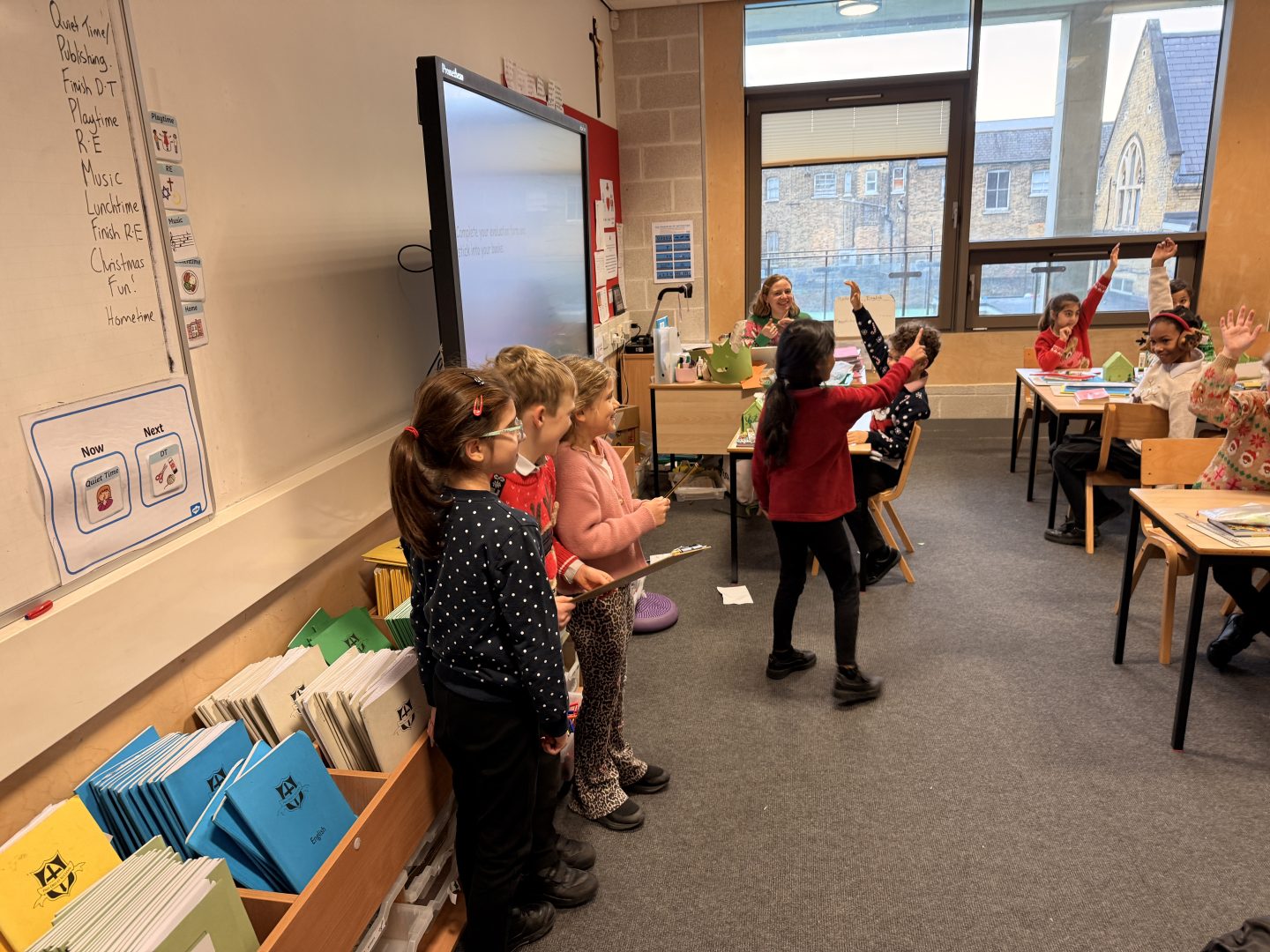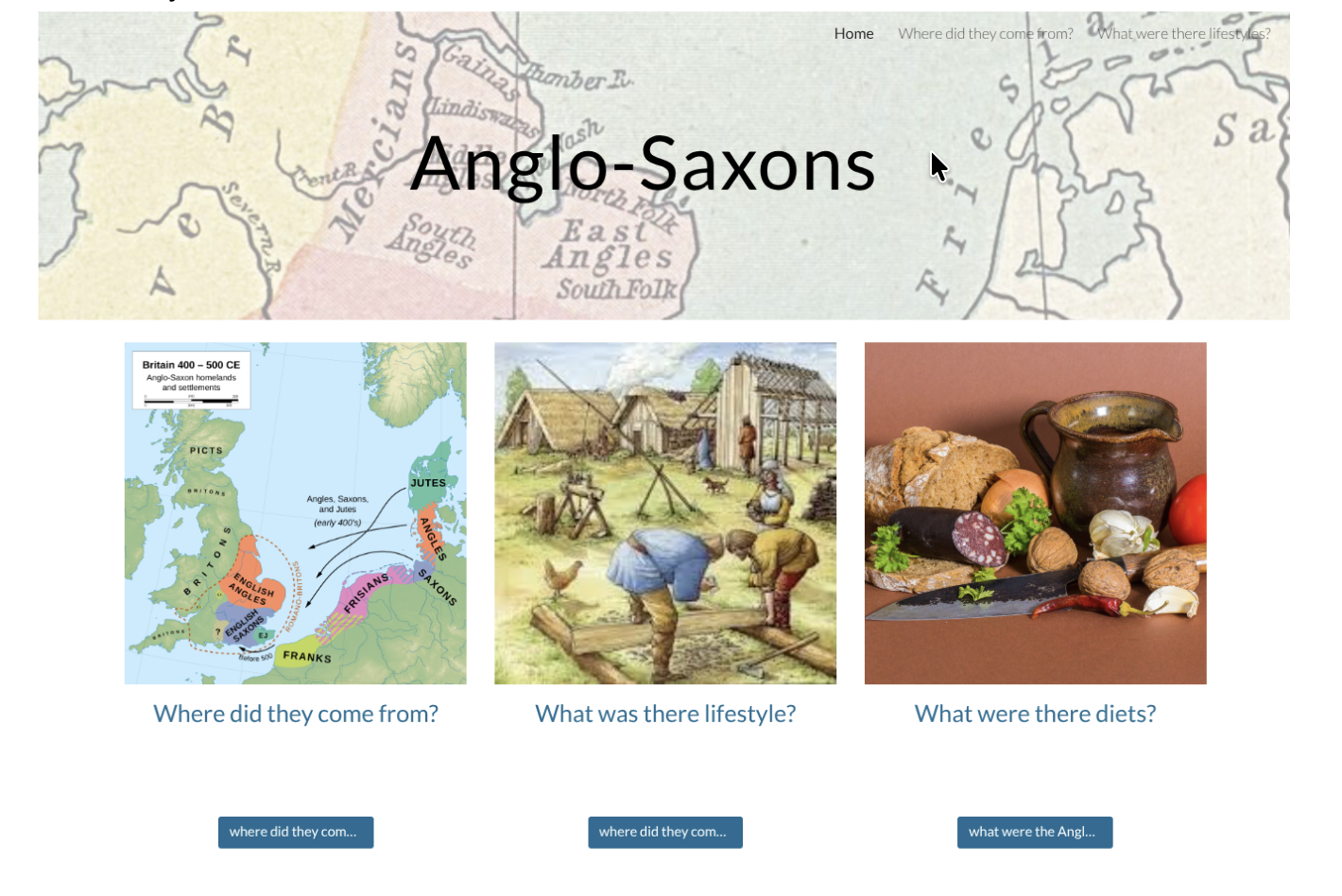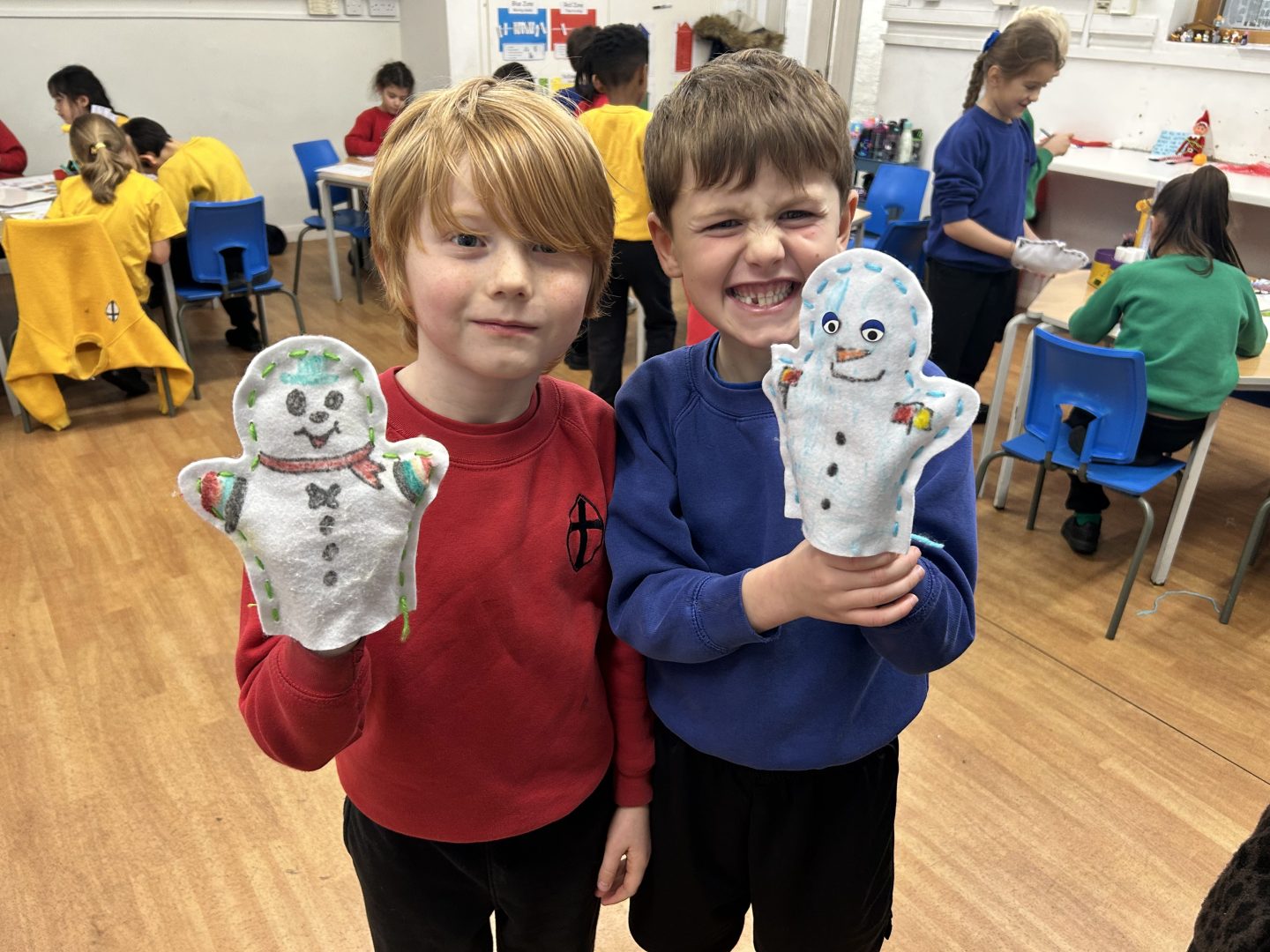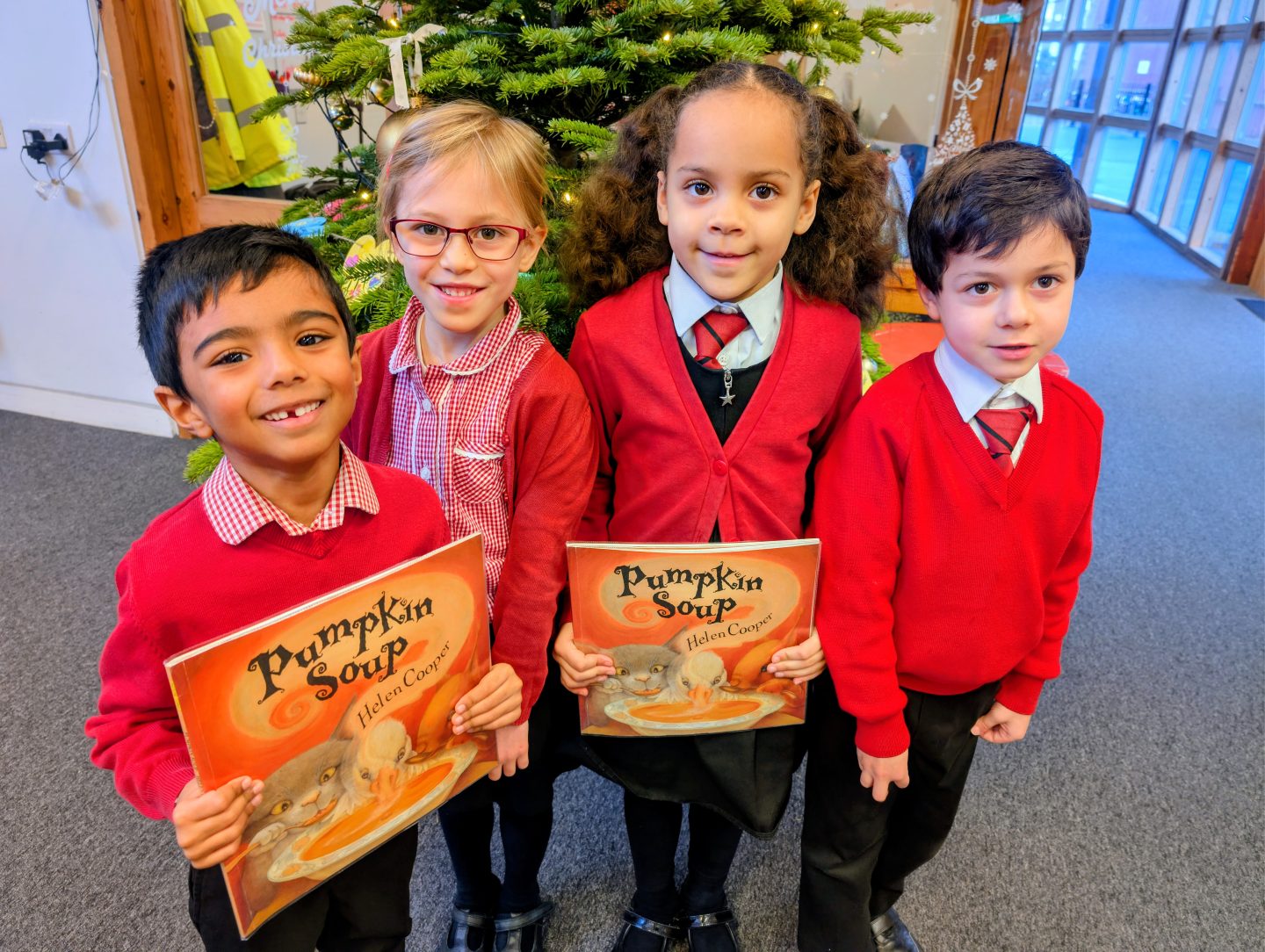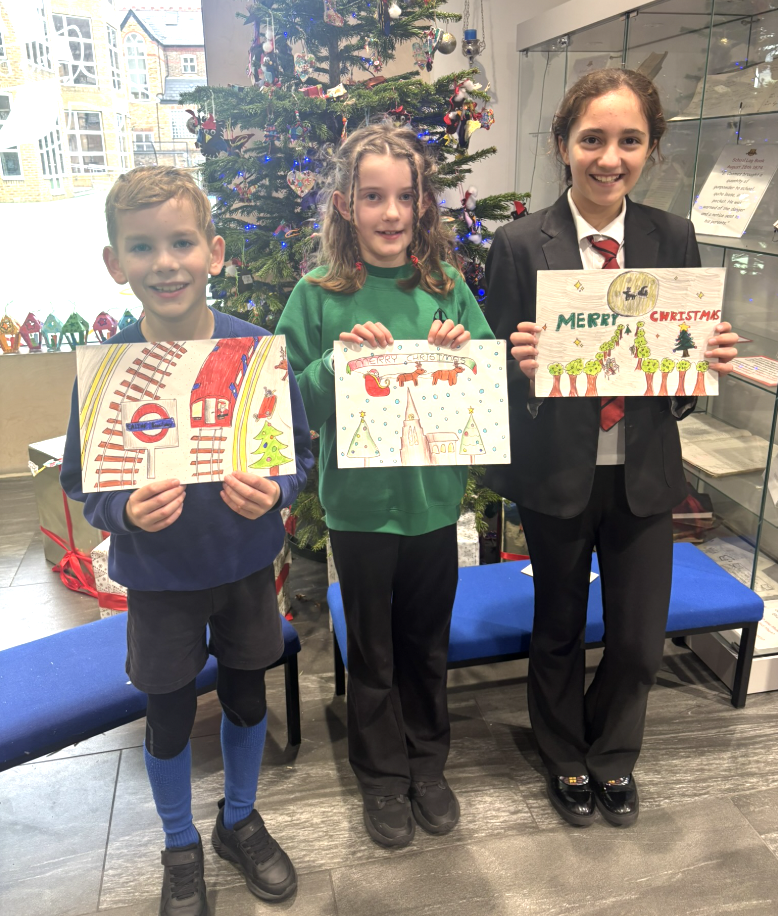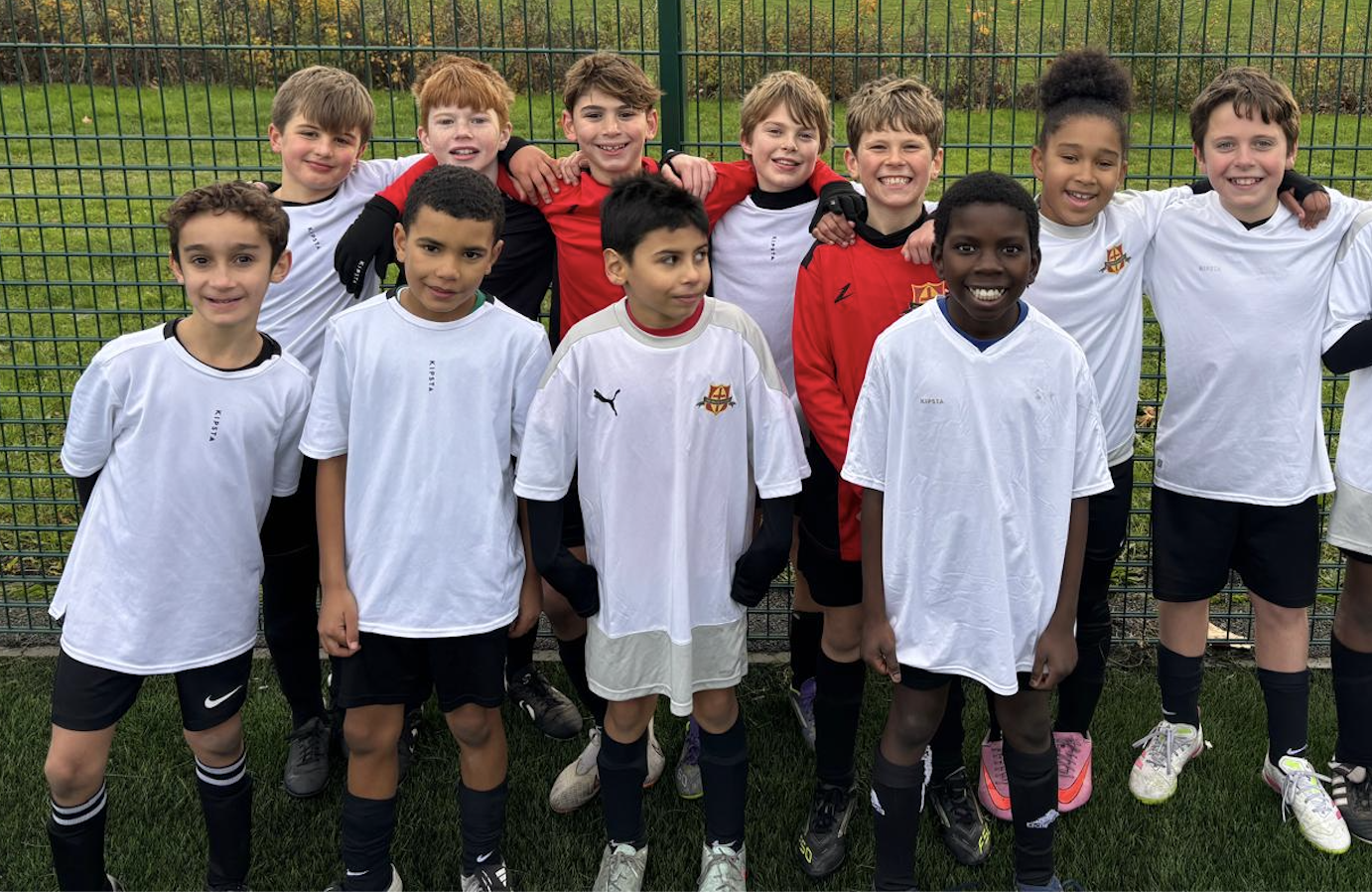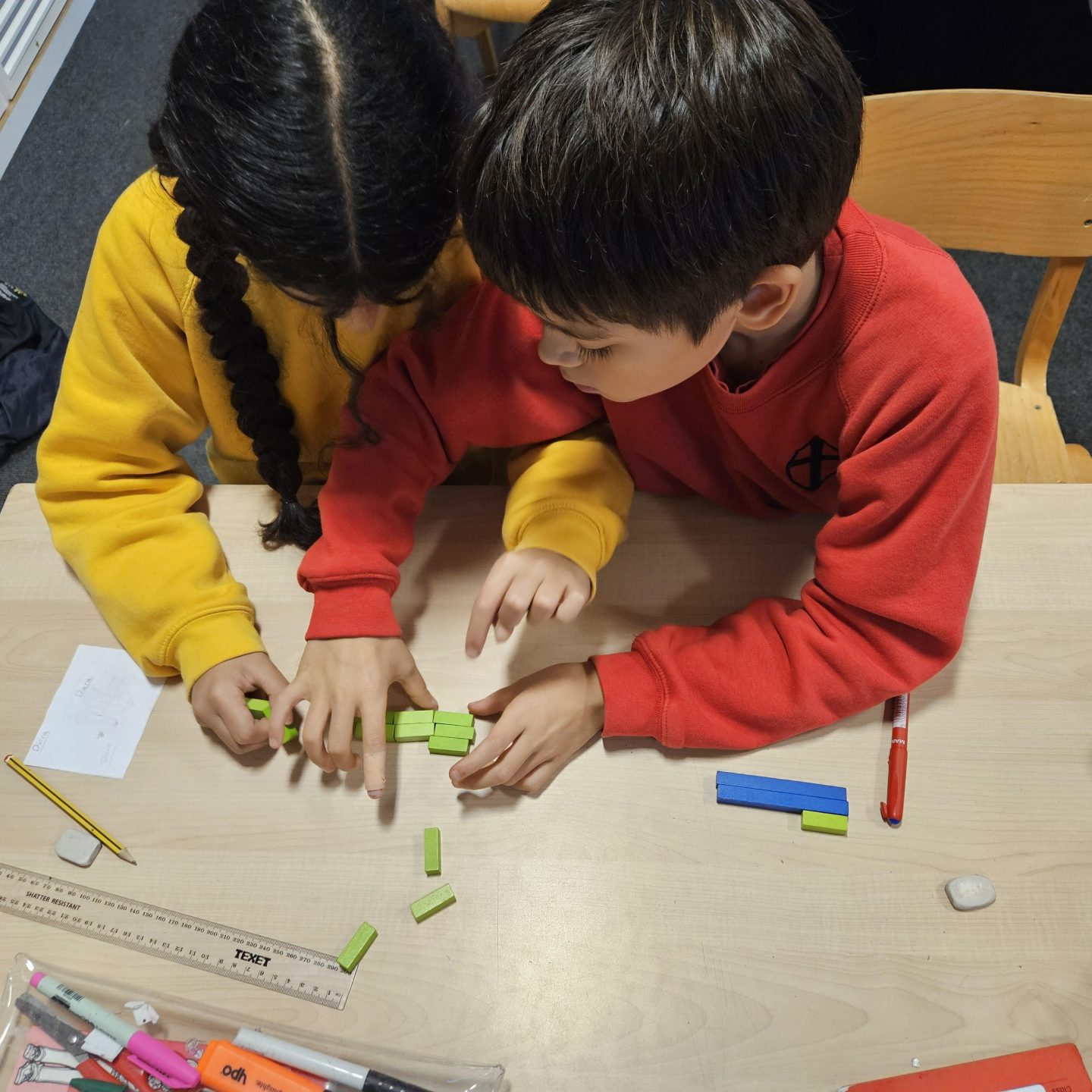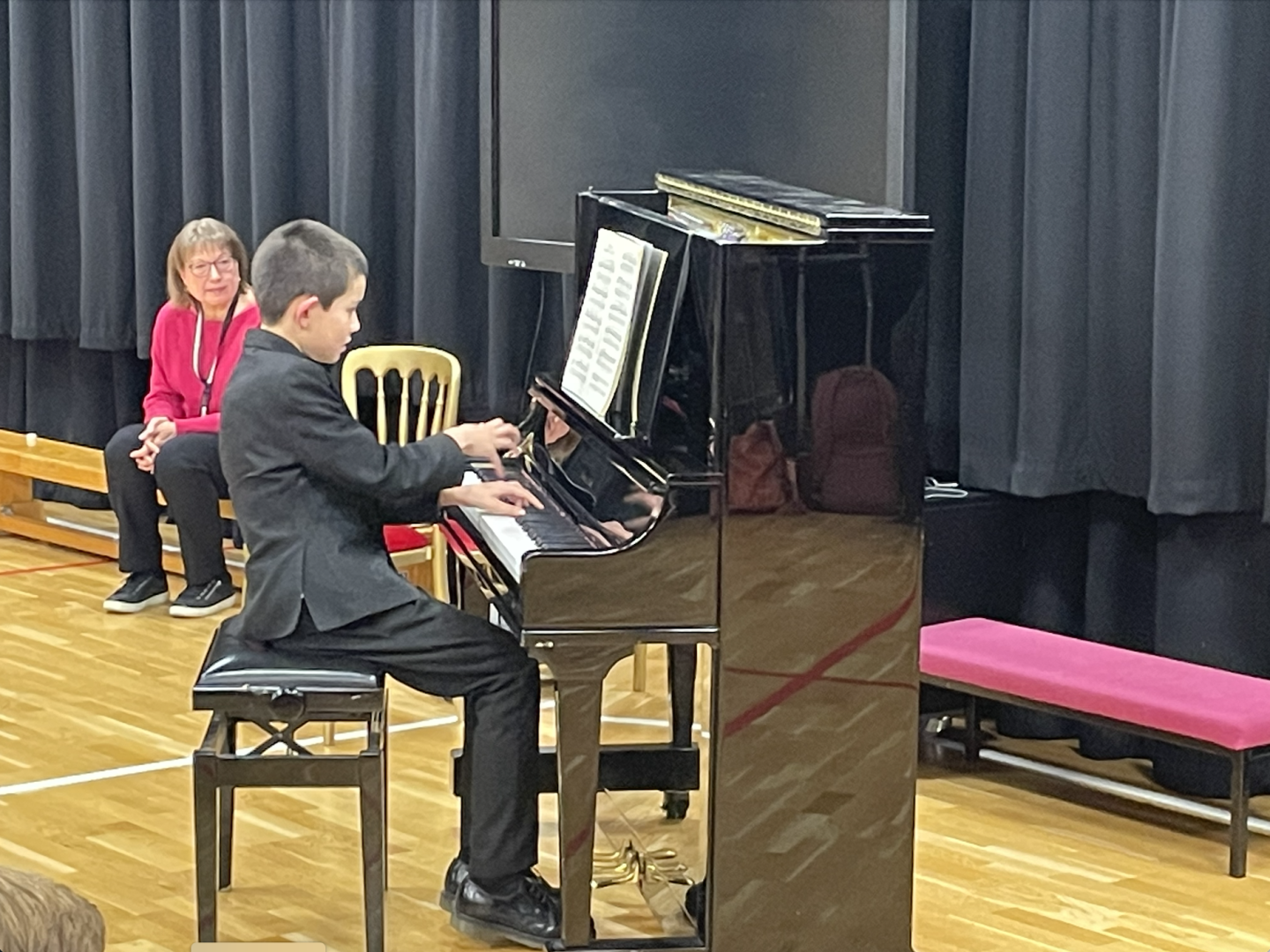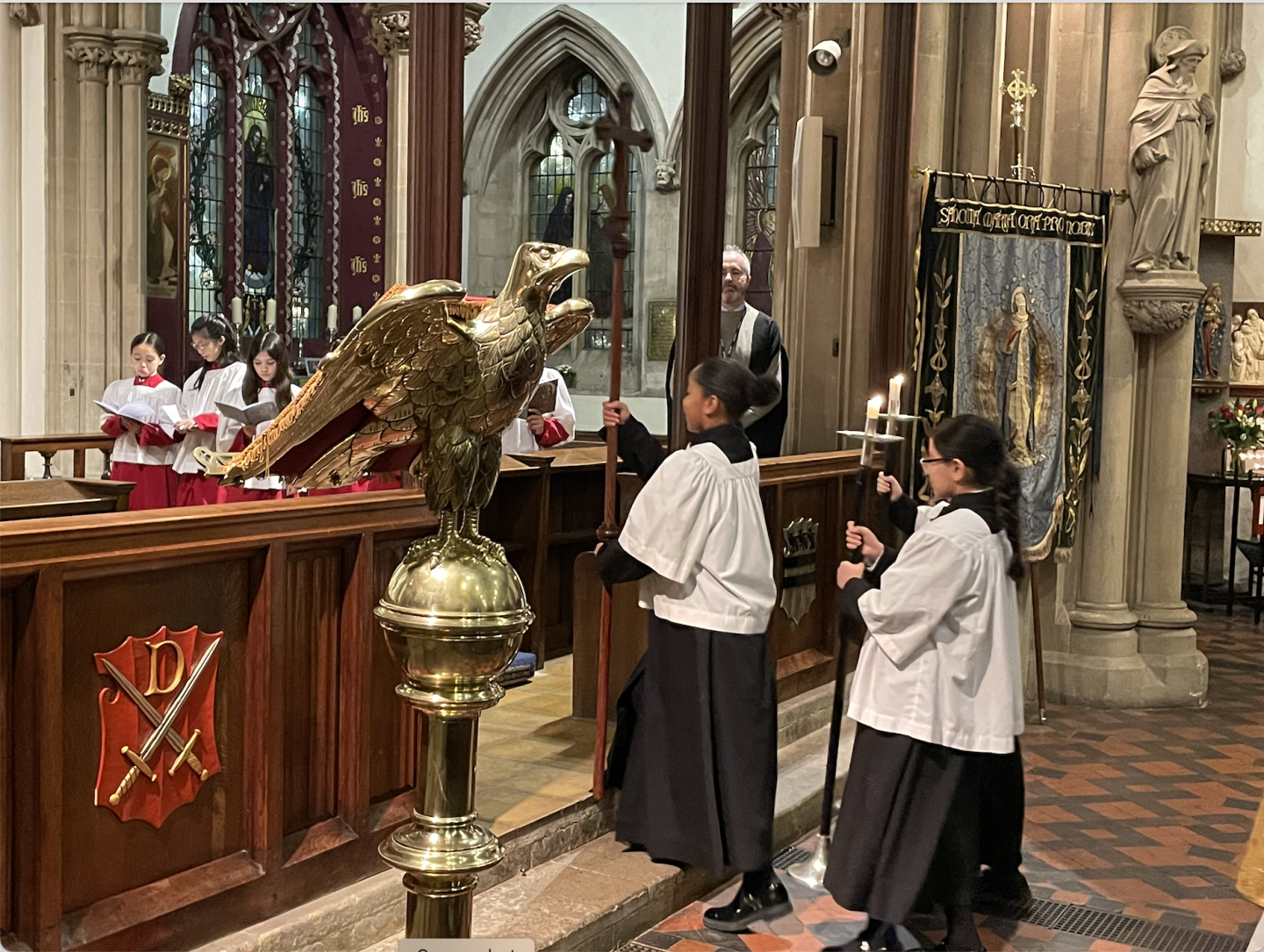Core Subjects
Science
Science
Intent: We want our pupils to recognise the importance of science and the value of scientists as citizens of a global world. Through the knowledge, methods, processes and uses of science, the pupils will develop vital skills to be able to ask, investigate and answer scientific questions. Pupils will experience a sense of excitement and curiosity about the world around them.
Implementation
Our science curriculum is carefully sequenced to ensure that knowledge and skills are developed and built upon during a child’s journey through the school. Science lessons recognise the importance of science in our everyday lives, enthuse pupils and prepare older pupils for the transition to secondary school science. Bi-weekly science homework in KS2 allows pupils to showcase their creativity and take ownership of their learning projects, these are frequently displayed around the school. Our enriching curriculum includes participating in science fairs with local primary and secondary schools, after school clubs, and educational visits to museums and a range of habitats both locally and further afield, including Walpole Park, Bocketts Farm and Kew Gardens. A dedicated whole school Science Day also enhances pupils curiosity, wonderment and love of science; science is put into a real life context as scientists are invited to come in and talk to the pupils.
EYFS
Science is delivered through play-based learning to explore the world around them. This is to develop their curiosity and understand the features of their environment. Through observations pupils’ recognition of animals and plants is encouraged alongside their ability to talk about why some things occur and recognise changes. This lays a secure foundation for the development of scientific skills in later Key Stages.
KS1
Pupils study Plants and Animals, looking at being able to identify different living things and recognising what plants and animals need to survive. Pupils also begin to recognise the uses and properties of Everyday Materials. Pupils are introduced to the concept of Working Scientifically by being able to follow practical scientific methods, including asking questions, making observations, performing simple tests, gathering data, and using their observations to suggest answers.
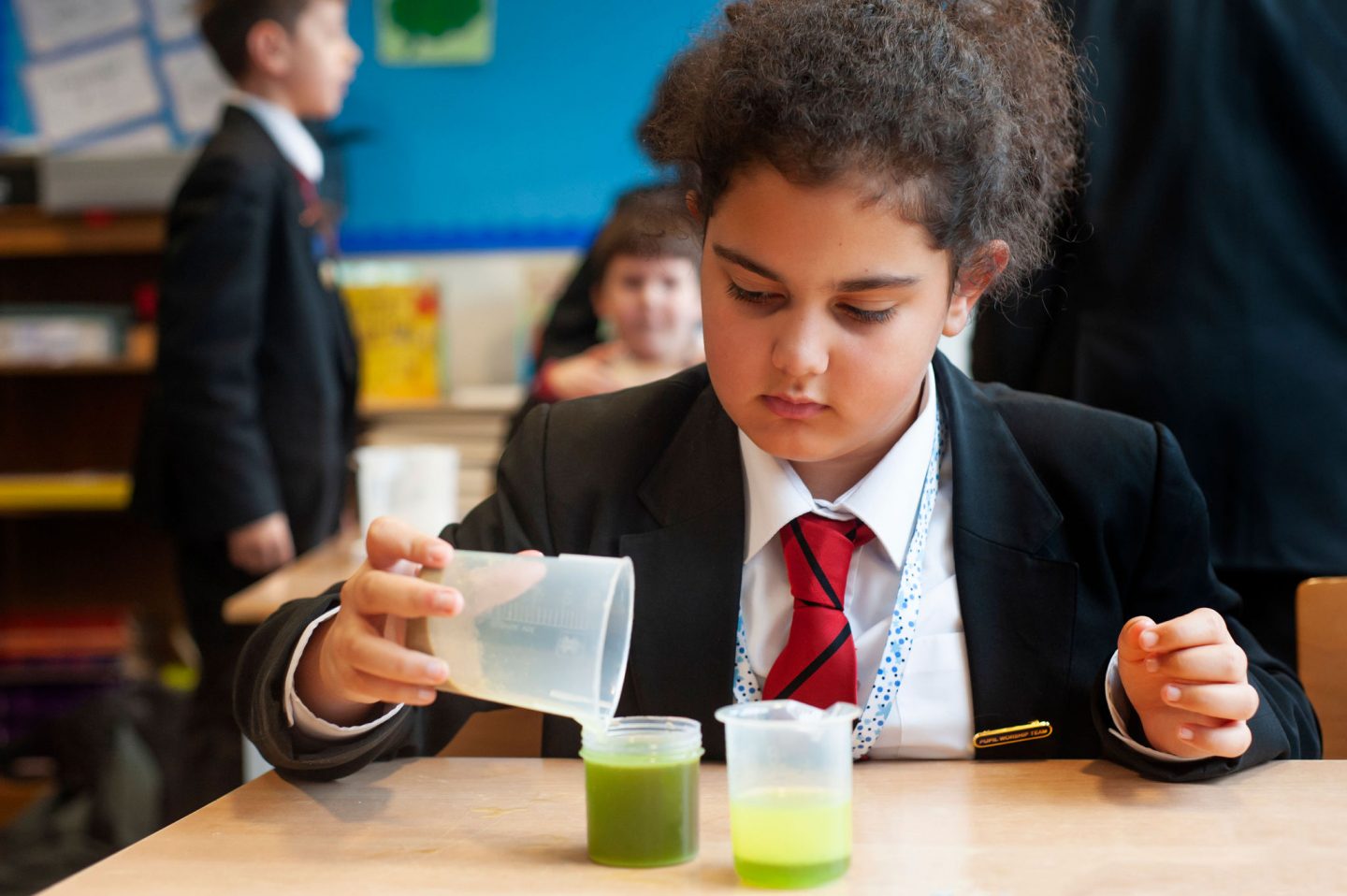
Lower KS2
Pupils continue to explore the diverse range of Living Things and their Habitats, including looking at how Animals including Humans move and digest. They are introduced to the physics of Light, Magnets and Electricity. Pupils also build on their understanding of materials by studying Rocks and examining the States of Matter. Throughout each topic, pupils are developing their Scientific Skills by planning, carrying out and analysing investigations to enable them to discover and answer each topic’s key question.
Upper KS2
Pupils are taught by a science teacher in a dedicated science classroom. Pupils expand their understanding of Physics, Biology and Chemistry through studying: Forces, Changing Materials, Electricity, Space, Light, Living Things, Evolution, Life Cycles and Circulation. They further enhance their Scientific Skills and knowledge of real scientists, to be able to plan and carry out a variety of enquiry types using equipment with greater accuracy and precision. From their investigations, pupils sharpen their ability to report conclusions and causal relationships that they have discovered within their results. Pupils enhance their ability to use scientific evidence to support arguments and make predictions.


